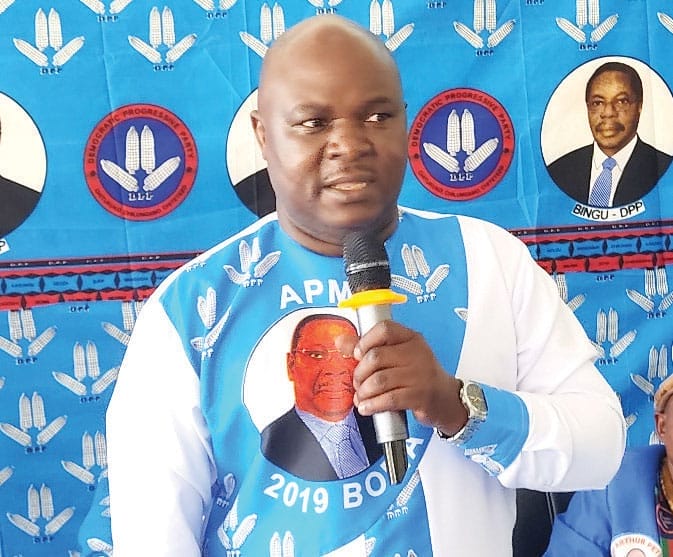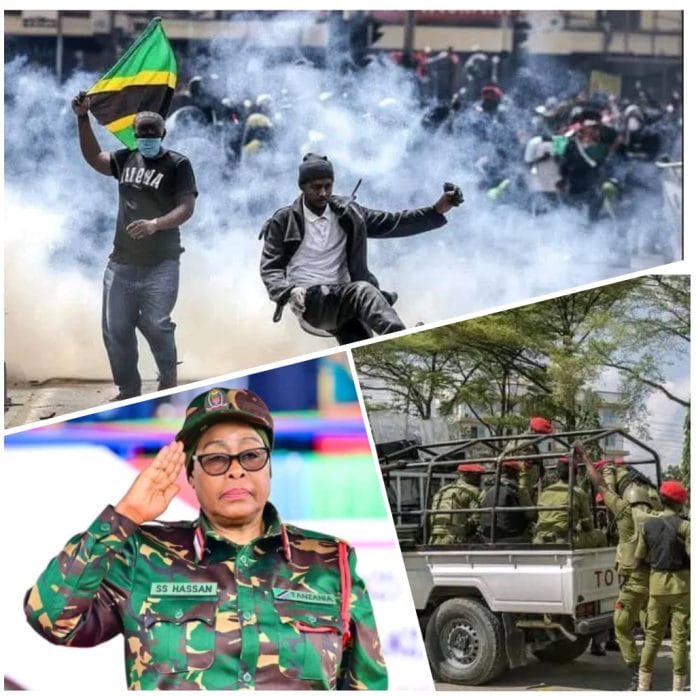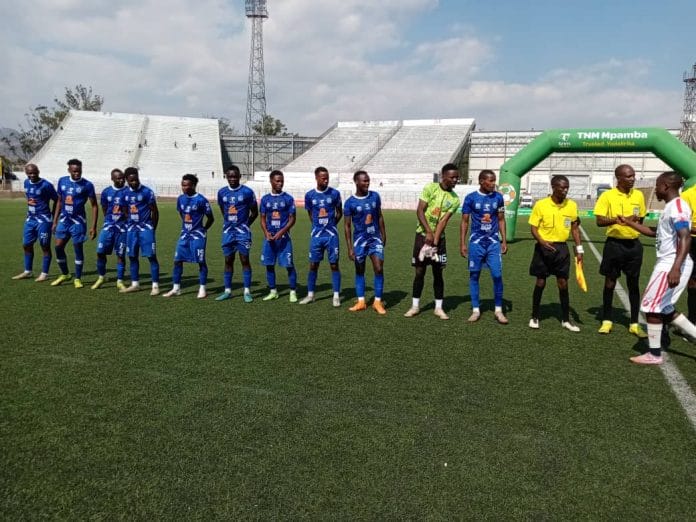
Elaine Hendrix has been acting since the ‘90s — but it wasn’t always her main career path. When the actress was injured in a 1992 car accident, her dance career came to a halt and she was forced to change course.
“I believe that everything happens for a reason and it pushed me in this direction that completely worked out, thankfully,” Hendrix said with a laugh during a July 2016 interview with the Huffington Post, reflecting on why she chose to jump into acting headfirst.
It’s been more than three decades since Hendrix was hit by a car riding her bike, but her accident still haunts her. In fact, during season 34 of Dancing With the Stars, Hendrix revealed that the aftermath of the crash makes it harder to compete.
While pushing past her physical limits on the ABC competition series, Hendrix was hospitalized for an unrelated injury in October, causing fans to worry. However, Hendrix was given the green light to continue on her DWTS journey beginning with the Tuesday, November 4, episode.
‘DWTS’ Cast Rallies Around ‘Rockstar’ Elaine Hendrix After Hospitalization
Scroll down to learn more about Hendrix’s car accident and DWTS injury:
Inside Elaine’s 1992 Car Accident
“I had just come to Los Angeles to begin my professional career and very soon after moving here I was riding my bike and got hit by a car,” Hendrix told the Huffington Post in July 2016, noting that one moment “changed everything for me.”
During her September DWTS opening package, Hendrix revealed she is “really lucky” that she “walked away” from the accident but didn’t expand further.
How Did Her Career Change After the Accident?
The Parent Trap star told the Huffington Post in July 2016 that she began her career as a “classically trained dancer in modern and contemporary jazz.” Following her accident, Hendrix said, “Dance became something that was very painful to do, so it just pushed me more in the direction of acting.”
Hendrix recalled booking a few guest starring roles before landing her first series. “That’s when I stopped dancing professionally but I never stopped dancing altogether,” she told the outlet. “It’s just that whenever I dance I need to be prepared for the fact that I will be really sore and can’t quite do the things I used to do, but that’s OK.”
Alan Bersten and Elaine Hendrix Break Down DWTS’ Meredith Blake ‘Homage’
How Has Elaine’s Accident Affected Her ‘DWTS’ Run?
Hendrix revealed during an October episode of Dancing With the Stars that following her ‘90s car accident, a titanium joint was placed in her right foot. She said during Wicked Night that the joint “renders half my foot unusable.”
“Every week, my body shifts into a new pain spot, but I just don’t want to let it stop me,” the actress explained during the show package. “I know my determination is going to win it, just getting there is quite a journey.”

Why Was Elaine Hospitalized on ‘DWTS’ Season 34?
During rehearsals for Halloween Week in October, Hendrix was rushed to the hospital after experiencing pain in her ribs. The contestant later revealed via her Instagram that she injured her ribs during her “Defying Gravity” performance one week prior and they “just seized up” during practice.
“I couldn’t move. They brought me to the hospital,” Hendrix said in the Tuesday, October 28, video. “The doctor has said that with a day or two of rest, I should be able to continue and that’s exactly what I want to do. I want to dance, I want to keep doing this.”
Hendrix’s dance partner, Alan Bersten, explained during the October 28 episode that while they were working on their Argentine tango, “Elaine kind of froze and said she can’t move and she can’t breathe, and something happened with her rib.”
He noted she was in “so much pain” and therefore he had no idea if they would dance that evening. The pair did not perform and were instead judged on their practice routine.
‘Dancing With the Stars’ Injuries Through the Years
Will Elaine Be Back on ‘DWTS’?
Despite missing Halloween Night, Hendrix and Bersten scored 8s across the board from the judges on October 28. With fans’ votes, they were saved from elimination. Hendrix’s doctors, meanwhile, cleared her to continue on in the competition.
“You guys voted, we are going to be safe. We got another dance to [perform],” Bersten confirmed during a TikTok Live following the episode. “We’re going to take it easy but we will be back for the show. We will take this week easy.”
Discover more from The Maravi Post
Subscribe to get the latest posts sent to your email.






















